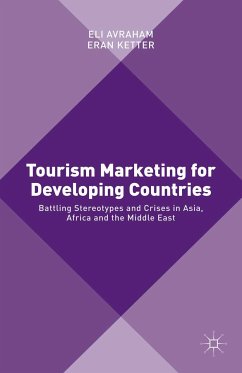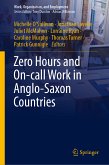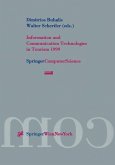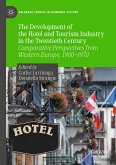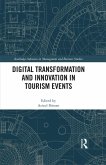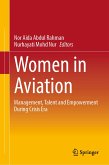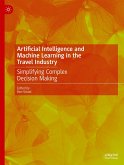Viewed through a politico-economic lens, Nordic countries share what is often referred to as the 'Nordic model', characterised by a comprehensive welfare state; higher spending on childcare; more equitable income distribution; and lifelong-learning policies. This edited collection considers these contexts to explore the complex nature of tourism employment, thereby providing insights into the dynamic nature, characteristics, and meaning of work in tourism. Contributors combine explorations of the impact of policy on tourism employment with a more traditional human resources management approach focusing on employment issues from an organizational perspective, such as job satisfaction, training, and retention. The text points to opportunities as well as challenges relating to issues such as the notion of 'decent work', the role and contribution of migrant workers, and more broadly, the varying policy objectives embedded within the Nordic welfare model. Offering a detailed, multi-faceted analysis of tourism employment, this book is a valuable resource for students, researchers and practitioners interested in tourism employment in the region.
Dieser Download kann aus rechtlichen Gründen nur mit Rechnungsadresse in A, B, BG, CY, CZ, D, DK, EW, E, FIN, F, GR, HR, H, IRL, I, LT, L, LR, M, NL, PL, P, R, S, SLO, SK ausgeliefert werden.



